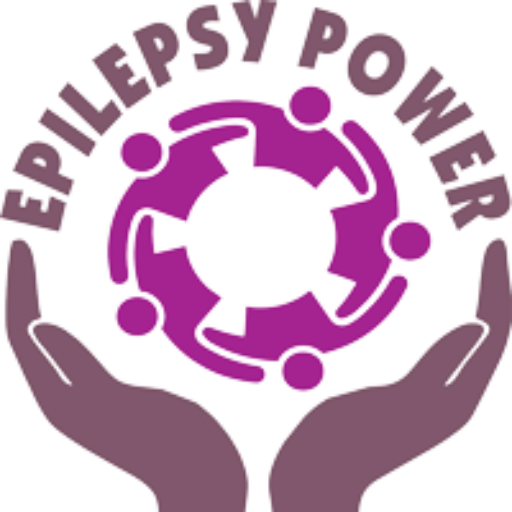- Introduction
- Section 1: Understanding the nature of epilepsy and recognizing potential triggers.
- Section 2: Challenges faced by people with epilepsy prior to employment
- Section 3: From respecting medical confidentiality to defining and implementing the necessary reasonable accommodations: the key role of the occupational physician
- Section 4: Type of accommodation for people with epilepsy in the workplace.
- Section 5: Ensuring safety in the workplace and creating a plan of action
- Concluding remarks
- Quiz
Total Participants: 1
- Understanding the nature of epilepsy and recognizing potential triggers : Understanding epilepsy, its types, triggers, and impacts is key for inclusion. Identify stressors, maintain regular schedules, and create supportive environments.
- Challenges faced by people with epilepsy prior to employment : People with epilepsy face challenges like seizure control, driving restrictions, and disclosure dilemmas. Employers must understand and address these to foster inclusivity.
- From respecting medical confidentiality to defining and implementing reasonable accommodations : Respecting medical confidentiality while implementing reasonable accommodations is vital. Occupational physicians ensure safe, tailored support for employees with epilepsy.
- Types of accommodation for people with epilepsy in the workplace : Flexible scheduling, modified work environments, stress management, and tailored tasks are key accommodations. Training and holistic support enhance inclusion and productivity.
- Ensuring safety in the workplace and creating a plan of action : Develop and communicate an action plan for seizures, including emergency contacts and on-site medical care. Create a supportive environment for PwE with designated safety protocols.
Introduction
Introducing the subject of accommodations for people with epilepsy involves emphasizing inclusivity, legal obligations, and the practical benefits of support. The international and European legal frameworks mandate reasonable accommodations. Article 27 of the United Nations Convention on the Rights of Persons with Disabilities (CRPD) specifically addresses the right of persons with disabilities to work on an equal basis with others, including the provision of reasonable accommodation.
For organizations that fail to comply with these provisions, there are significant risks of non-compliance, including legal, reputational and operational consequences like loss of talents or decreased productivity.
Ensuring compliance not only fulfills legal obligations but also fosters a more inclusive, productive, and supportive workplace.
Reasonable accommodation must be defined on an individual basis, particularly for people with epilepsy, due to the diverse nature of the condition. People with Epilepsy (PwE) may develop some limitations needing accommodation, and the degree of limitation will vary among individuals. Be aware that not all PwE will need accommodations to perform their jobs and many others may only need a few accommodations.
The goal of this module is to understand the different accommodation possibilities for people with epilepsy and why they can be useful.
Before that, there are three steps:
- Understand the nature of epilepsy and recognize potential triggers.
- Know the three challenges faced by people with epilepsy prior to employment: seizure control, driving restrictions, and the decision to disclose or not.
- Be aware of the importance of respecting medical confidentiality and understand the key role the occupational physician can play in defining and implementing the necessary reasonable accommodations.
After studying this module, you will achieve the following learning outcomes:
- You will be able to understand limitations identified by a PwE
- You will be better equipped to implement appropriate accommodations for people with epilepsy in the workplace.
The module includes 5 sections.
|
[1] Fillon, N. (2020, 10 février). TÉMOIGNAGE – « L’épilepsie a fait basculer ma vie ». Ici Par France Bleu et France 3. https://www.francebleu.fr/infos/sante-sciences/journee-internationale-de-l-epilepsie-l-epilepsie-a-fait-basculer-ma-vie-1581098974
